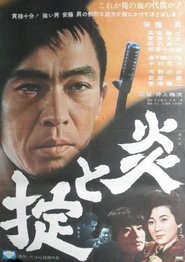detail profile keiji takamiya
Peran Yang Di Mainkan Keiji Takamiya
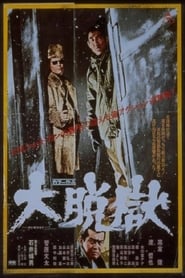 A group of prisoners attempts to...
A group of prisoners attempts to...Great Jailbreak 1975
A group of prisoners attempts to break the Abashiri prison. This film can be considered a sequel to the Abashiri Bangaichi series, written and directed by Ishii Teruo. The friendship between two men on death row, a fleeting love affair with a traveling dancer and a deadly battle with the real culprit who has hunted him down filmed over a long period of time on location in Hokkaido.
 Part 5 in a long running 81 films...
Part 5 in a long running 81 films...The Viper Brothers: Four and a Half Years in Jail 1973
Part 5 in a long running (8+1 films) action/comedy/melodrama series about a pair of short tempered, amoral, but not evil chinpira (Bunta Sugawara and Tamio Kawachi) thinking too big of themselves. After serving four and a half years in prison, Masa and his brother Katsuji leave Kobe to go to Nagoya to help a hostess get her daughter back from her mother. As they arrive in Nagoya, they get into a scuffle with the local yakuza affiliate. Sugawara and Kawaji's chemistry is even more evident here than usual, the storyline is alright if melodramatic. Delightful start with Tatsuo Endo as a nice guy prison guard! How many times have you seen that? And we got Kyosuke Machida (henchman) with cool beard and the always good Tsunehiko Watase (young hood) on board as well. One of the best films in the series.
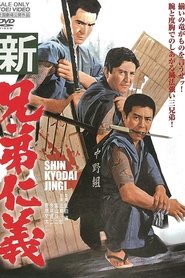 When the boss of the Nakano...
When the boss of the Nakano...Code Between Brothers: All New 1970
When the boss of the Nakano Family decides to retire and makes a loyal follower the new boss instead of his own son, it causes strife in the family. Sides are taken and lines are drawn. Meanwhile, a rival family with a land dispute with the Nakano starts pulling strings behind the scenes...
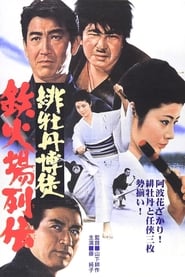 Junko Fuji returns as Oryu the...
Junko Fuji returns as Oryu the...Red Peony Gambler: Biographies of a Gambling Room 1969
Junko Fuji returns as Oryu the Red Peony, a wandering female yakuza on a soul-searching journey after the death of her father. After collecting her sickly follower from jail, she is taken in by a fishing village. Feeling indebed to their generosity, she stays to work for the village and promises to leave her yakuza ways behind. When a dispute breaks out for the gambling rights to a local festival, the villagers are harrassed by a gang of thugs. When the harrassment turns violent, Oryu must decide wither to keep her promise or protect the villagers.
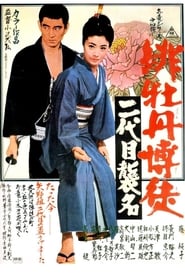 The industrual revolution comes to Japan...
The industrual revolution comes to Japan...Red Peony Gambler: Second Generation Ceremony 1969
The industrual revolution comes to Japan with the introduction of the railroad system. This led to clashes between boatmen, who livihoods are threatened, and the railroad construction workers. Oryu the Red Peony returns to her home in Kumamoto to accept her position as second generation leader of the Yano Family. But the ceremony is interrupted by fighting between local boatmen and railroad works. And it seems a rival family is pulling the strings behind the clashes.
 On a cold winter day Goro...
On a cold winter day Goro...Outlaw: Goro the Assassin 1968
On a cold winter day, Goro Fujikawa (Tetsuya Watari) and Masahiko murder the mob boss of Meishin-Kai. The deed costs them time in prison, but Goro had no shred of regret. When Goro is released 2 years later, Masahiko is dying in prison hospital and entrusts his last wish; "find my sister and take care of her." Goro leaves as a free man with a mission, but soon finds that he might have been better off in jail.
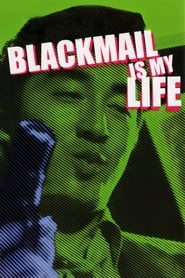 Though he has come from a...
Though he has come from a...Blackmail Is My Life 1968
Though he has come from a rough background on the streets, Muraki quickly rises through the ranks by means of his well-honed blackmailing instincts. Desperate to keep rolling with his freewheeling lifestyle, Muraki sees his luck begin to crumble when he sets his sights on the business partners of a powerful gang boss.
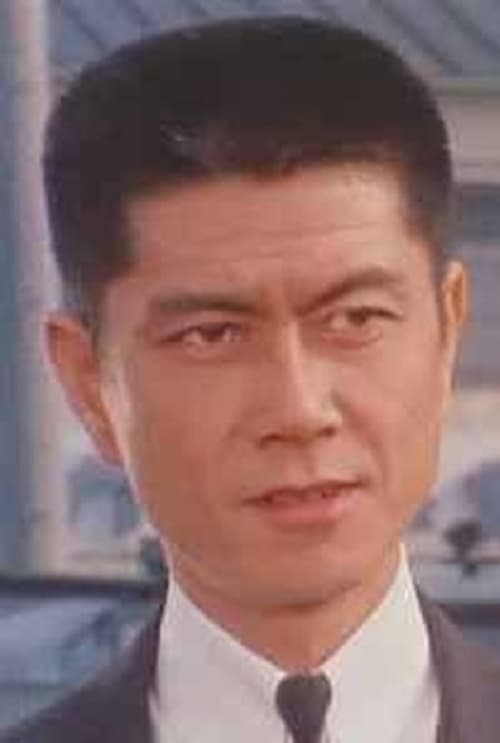
 In the teeming black markets of...
In the teeming black markets of... Part 3 in a long running 81 films...
Part 3 in a long running 81 films...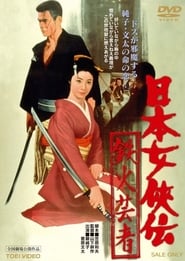 Young geisha Koshizus wish of reuniting...
Young geisha Koshizus wish of reuniting... An undercover cop befriends a yakuza...
An undercover cop befriends a yakuza...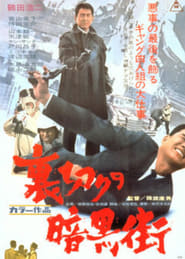 Gangsters are robbed of five hundred...
Gangsters are robbed of five hundred... Immigrant gangs terrorize a Japanese town...
Immigrant gangs terrorize a Japanese town...